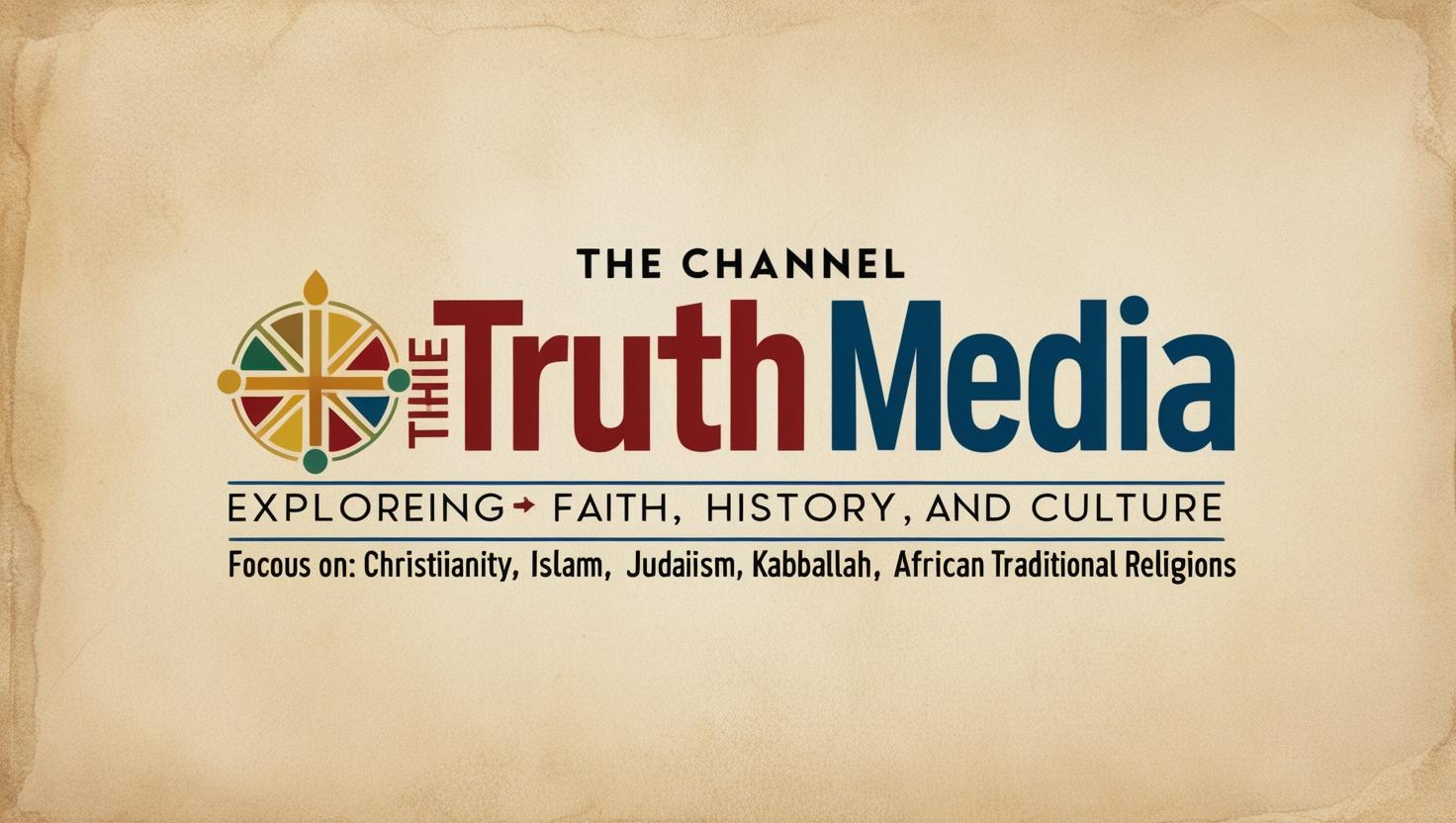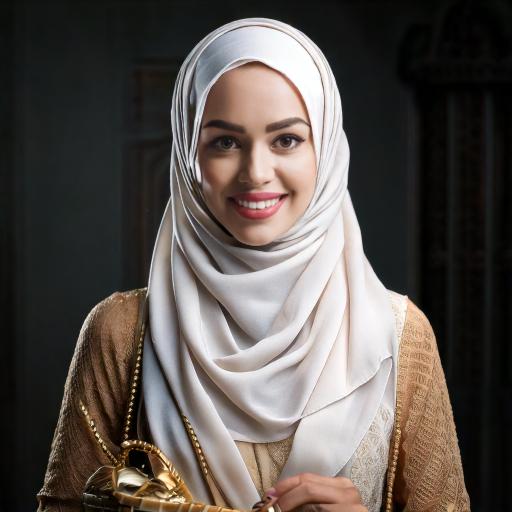Women’s Rights in the Quran: Clarifying Misconceptions About Gender Roles
The Quran emphasizes the spiritual equality of men and women, providing them both with the opportunity to attain righteousness and divine favor. Contrary to some misconceptions, the Quran grants women rights in areas such as inheritance, marriage, and property ownership. While traditional interpretations have often limited women's roles, the Quran’s verses are clear in promoting dignity and respect for women. For example, in Surah An-Nisa (4:32), the Quran acknowledges the equal responsibilities and rights of both genders in their roles as partners in society. Additionally, the Quran encourages mutual respect and kindness between men and women, stressing the importance of compassion and fairness. The message of gender equity in Islam is often overshadowed by cultural practices, but the core teachings of the Quran highlight women's rights as an integral part of a just and moral society.
Historical Figures: Inspiring Stories of Prominent Muslim Women in History
Throughout Islamic history, many women have played pivotal roles in shaping religious, political, and cultural landscapes. Figures like Khadijah bint Khuwaylid, the first wife of the Prophet Muhammad (PBUH), were instrumental in supporting the early Islamic community. Khadijah was a successful businesswoman and a strong advocate for her husband's mission. Another influential figure, Aisha bint Abi Bakr, was known for her scholarship and involvement in early Islamic politics, having narrated numerous Hadiths. Fatima al-Fihri, the founder of the University of Al-Qarawiyyin in Morocco, is also celebrated for her contributions to education and intellectual development. These women, among many others, broke barriers and demonstrated that women have always had significant roles in Islam, challenging the stereotypes that often surround their place in society.
Modern Muslim Women: Balancing Tradition and Contemporary Roles in Society
Modern Muslim women face the unique challenge of balancing traditional values with contemporary demands. Many Muslim women navigate the expectations of family and community while pursuing careers, education, and activism. They strive to uphold the principles of modesty, respect, and family within the context of a rapidly changing world. In countries across the globe, Muslim women are making significant contributions in fields such as medicine, politics, and business, all while maintaining their cultural and religious identity. The rise of women’s empowerment movements within Muslim communities shows how modern Muslim women are not only breaking societal barriers but also redefining the roles they play in shaping the future of their societies.
Education and Empowerment: Islam’s Emphasis on Women’s Access to Knowledge
Islam has long emphasized the importance of knowledge and education, encouraging both men and women to seek wisdom. The Prophet Muhammad (PBUH) famously said, “Seeking knowledge is an obligation upon every Muslim.” This directive includes women, who were historically taught by scholars and played active roles in the transmission of knowledge. Muslim women have been scholars, educators, and writers throughout history, contributing significantly to fields such as medicine, science, and philosophy. In contemporary times, many Muslim women are reclaiming their educational rights, enrolling in universities, and pursuing careers in diverse fields. This emphasis on education serves as a powerful tool for empowerment, allowing women to break free from traditional limitations and contribute meaningfully to society.

